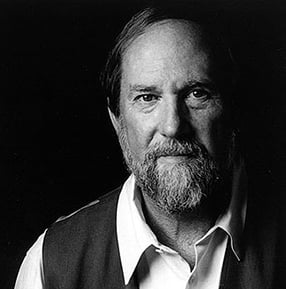From her window marshland stretched for miles. If not for egrets and gulls, it reminded her of the moors behind the parsonage, how the fog often hovered and descended as if sheltering some sweet compulsion the age was not ready to see. On clear days the jagged skyline of Atlantic City was visible—Atlantic City, where all compulsions had a home. "Everything's too easy now," she said to her neighbor, "nothing resisted, nothing gained." Once, at eighteen, she dreamed of London's proud salons glowing with brilliant fires and dazzling chandeliers. Already her own person—passionate, assertive— soon she'd create a governess insistent on rights equal to those above her rank. "The dangerous picture of a natural heart," one offended critic carped. She'd failed, he said, to let religion reign over the passions and, worse, she was a woman. Now she was amazed at what women had, doubly amazed at what they didn't. But she hadn't come back to complain or haunt. Her house on the bay was modest, adequate. It need not accommodate brilliant sisters or dissolute brothers, spirits lost or fallen. Feminists would pay homage, praise her honesty and courage. Rarely was she pleased. After all, she was an artist; to speak of honesty in art, she knew, was somewhat beside the point. And she had married, had even learned to respect the weakness in men, those qualities they called their strengths. Whatever the struggle, she wanted men included. Charlotte missed reading chapters to Emily, Emily reading chapters to her. As ever, though, she'd try to convert present into presence, something unsung sung, some uprush of desire frankly acknowledged, even in this, her new excuse for a body.
Credit
From Local Visitations by Stephen Dunn. Copyright © 2003 by Stephen Dunn. Used by permission of W. W. Norton & Company, Inc.. All rights reserved.
Date Published
01/01/2003

